"Torture is the wound in the soul so painful that sometimes you can almost touch it, but it is also so intangible that there is no way to heal it. It is anguish squeezing in your chest, cold as ice and heavy as a stone, paralyzing as sleep and dark as the abyss."
These are the words of Ardiana P. Bartow quoted by the Supreme Court of India in a landmark judgment of D.K. Basu V State of West Bengal, 1996. The judgment which gives us guidelines about arrest and detention to prevent custodial violence.
Recently, the nationwide agitation is raised against alleged custodial torture leading to the death of the father and son duo (Jayraj- Bennix) in Sathankulam district Tamil Nadu. The timber trader was arrested for opening his shop beyond 9 pm in violation of lockdown norms and was escorted to the police station for an inquiry. His son, who ran a mobile shop, went to the station to ask the police to release him. However, police had remanded both.
Sadly, this is not the only incident. As per the statistics, there were more than 1700 custodial deaths during 2019 (judicial as well as police custody) and at the same time the rate of punishment in these matters in very low. So daily there are five custodial deaths in India. As per the National Campaign against Torture, the state of Uttar Pradesh topped for deaths in police custody, followed by Tamil Nadu. This is just about the reported cases because there are many unreported cases which have remained unheard.
We can surely relate this incidence with the death of George Floyd in the US, as there was also the excessive use of power by the policemen. People in the US held a massive protest against the police brutality. In consideration of it, the house of commons passed the Police Reform Bill. It speaks about banning chokeholds, establishing a national database to track police conduct. But will it become law is a question of concern.
India has a similar situation as an anti-torture bill is pending from the last 10 years to become a law. So, basically in 1975, a "Torture Declaration" was adopted by the General Assembly of the United Nations. It was followed by "The Torture Convention" in 1984. However, for the Torture Convention to be made applicable in India, India had to pass a law enabling the country to ratify the same. The Prevention Of Torture Bill 2010 was a step in that direction. It was introduced in Lok Sabha by then Home Minister P. Chidambaram. But this bill has not been passed by Rajya sabha. The law commission headed by Just. B. S. Chauhan gave some recommendations to introduce the bill in 2017 but those were not implemented and the bill has not seen the light of the day.
Such brutal assaults took place despite a strong legal framework that protects the rights of an accused in custody. Examples are Article 21 and 22 of the Constitution of India, provisions of the Code of Criminal Procedure (CrPC) relating to procedures of arrest and investigation, provisions of the Evidence Act relating to the admissibility of evidence, and Supreme Court judgments like DK Basu vs State of West Bengal and Anesh Kumar the vs State of Bihar.
Article 22 of the Indian constitution provides protection against the arrest. Such as a person arrested must be informed the grounds of his arrest, he has the right to consult a legal practitioner, he must be produced before the nearest magistrate within twenty-four hours of such arrest.
On the same line, the Supreme Court in 1996 has given 11 commandments to focus on vital procedural safeguard: All officials must carry name tags and full identification, arrest memo must be prepared, containing all details regarding time and place of arrest attested by one family member or a respectable member of the locality. The location of the arrest must be informed to one family member or a next friend, details must be notified to a nearest legal aid organisation and arrestee must be made known of his rights, all such compliance must be recorded in a police register, he must get a periodical medical examination, inspection memo must be signed by arrestee also and all such information must be centralised in a central police control room.
Irrespective of these broad and precise guidelines the cases are boosting day by day. The senior advocate Abhishek Singhvi who was the amicus curiae in the D K Basu judgment says that" we have failed to operationalize the spirit of D K Basu".
As we know rights without remedies are illusionary, the right to life and personal liberty is protected by various statuary provisions. A Magistrate can hold inquiry parallel to an investigation conducted by police in case of unnatural death, disappearance, rape in police custody.
Registration of FIR is also mandatory in case of custodial death. National Human Rights Commission has given guidelines for Magisterial enquiry with 2 months deadline for completion of enquiry. There is also a provision of intimidation to the WHRC within 24 hours of custodial death. Most importantly, there is no need for sanction to prosecute a police officer accused of custodial torture.
But in such cases of the custodial deaths, there are roadblocks for holding policemen accountable for the criminal breach of their constitutional and statutory duty. These hurdles are from the stage of filing FIR until the prosecution. Some times there is no proper enquiry, police try to intimidate judicial officer or destroying of evidence, there are least chances of getting direct evidence or mostly the witnesses turn hostile. In most of the cases, torture is done before the arrest is recorded while the safeguards kick in only after the arrest is shown.
If we speak case precise this case has gone through a bunch of lapses. Every arrestee has the right to physical examination detailing injury marks. In this case, medical officers reported the injuries as "abrasions" even though they were so beaten that their clothes were soaked in blood. Another right is consulting the lawyer. The presence of a lawyer during arrest reduces the possibility of physical harm and violation of legal rights but in the present case, lawyers were not given access. Another setback in the present case was a mechanical remand.
In the Sathankulam case, FIR did not mention any grave offence against Jayraj, and Bennix. The father and son duo had no criminal antecedents. A provision under the code of criminal procedure speaks that arrest for offences which are punishable with imprisonment up to 7 years can be made only in exceptional circumstances. During this pandemic period, the Supreme Court also suggested that undertrial prisoners for the offence punishable below 7 years should be considered for release on bail. But Magistrate overlooked these facts. They were remanded despite that both had several injuries.
The need of this hour is that India must ratify the torture convention by introducing the Anti- torture Act. There is a need for mental health and police wellbeing programs to eradicate the "Rakshak Bhakshak Syndrome". A law commission has recommended amendment in the Indian Evidence Act that if there is evidence that injury was caused in custody court may presume officer having custody caused it. But this recommendation has not taken up by parliament.
The senior police officers must be held vicariously liable for the act of juniors. All judges must ensure that people kept in custody is their responsibility. The Supreme Court has also granted compensation in several cases but there is no fixed pattern for giving compensation.
At the same time, we as a society need to stop assuming that a person arrested by police must have done something wrong. Instead of supporting the heinous crimes like custodial deaths and encounters, we must start to question the credibility of such acts.
In the end, the question is, will this outrage and attention the Sathankulam case have got finally bring about accountability?
- Adv. Prachi Patil
ppprachipatil19@gmail.com
(The writer is a practising lawyer at the Pune District Court and the Family Court, Shivajinagar)
Tags: Adv Prachi Patil Prachi Patil Sathankulam Custodial Deaths Bennix Jayraj Law Custodial Death The Prevention Of Torture Bill Load More Tags

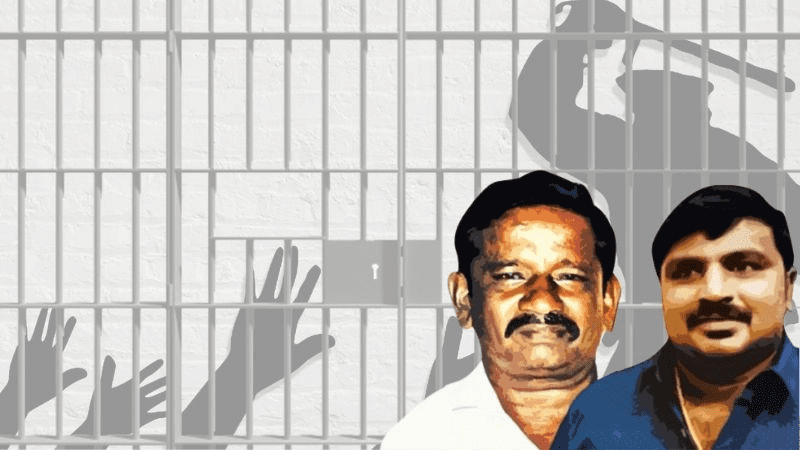


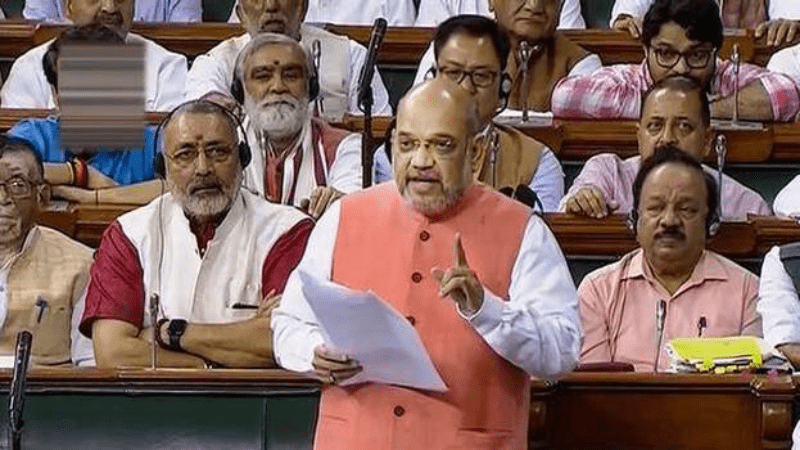
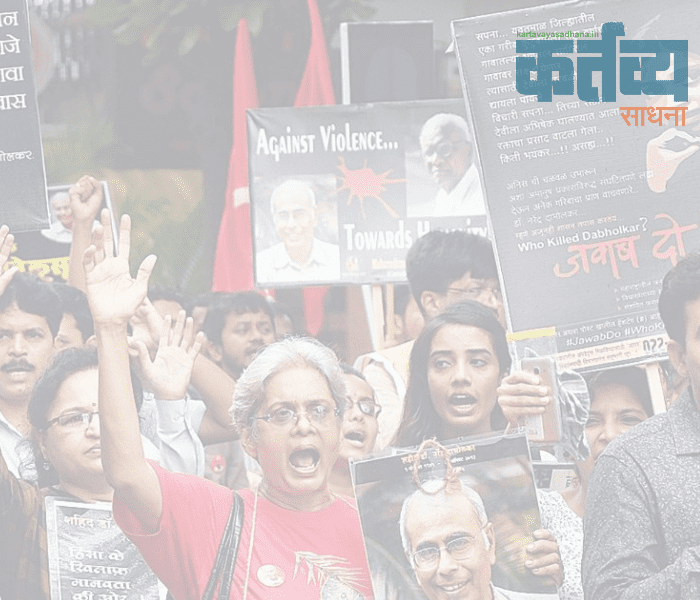
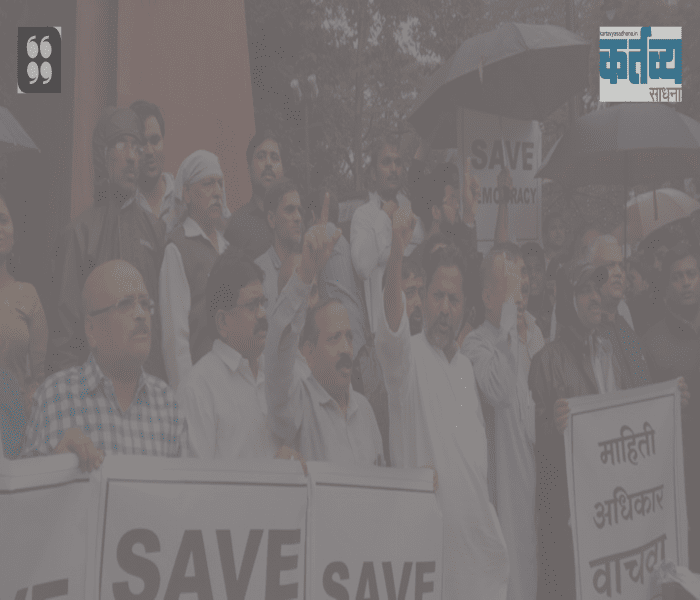
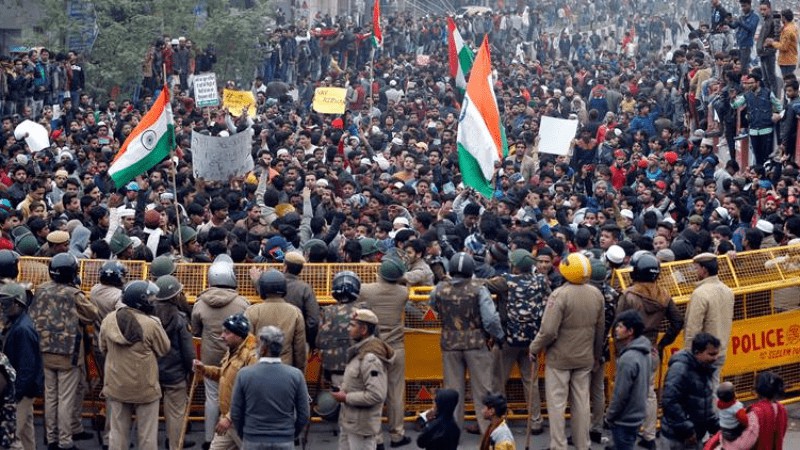

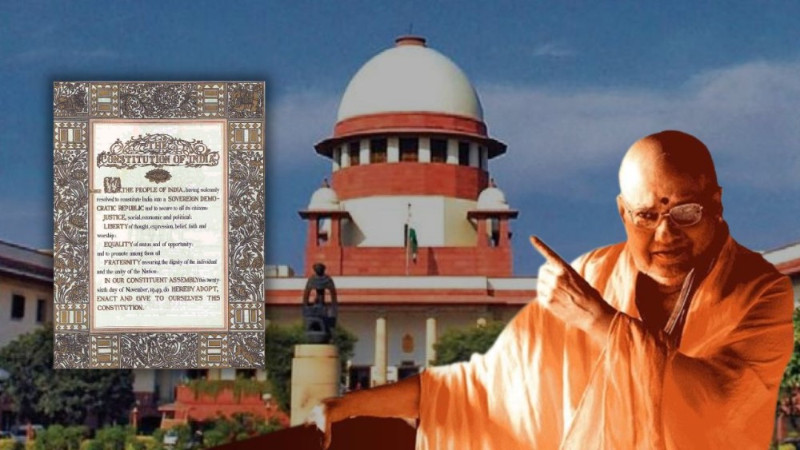
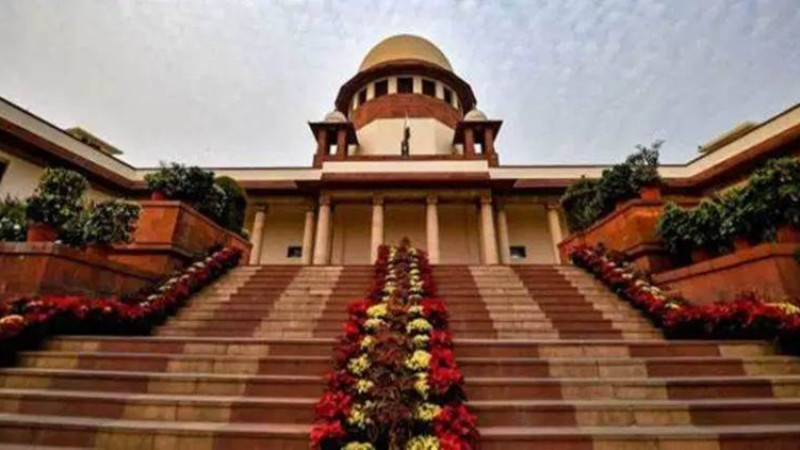
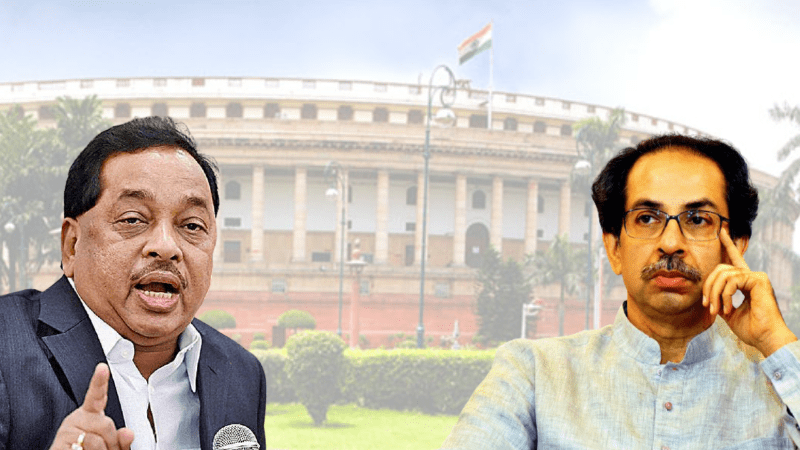
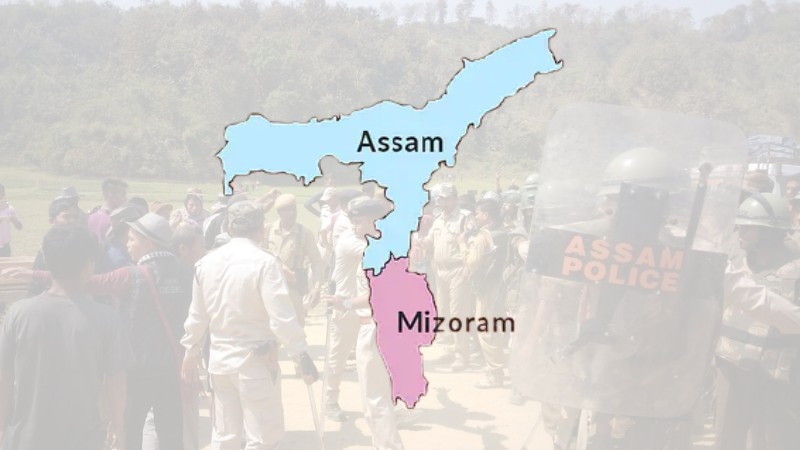

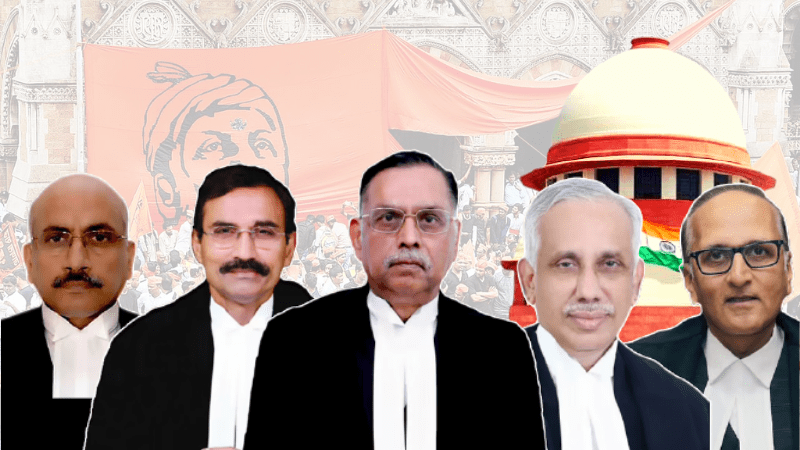


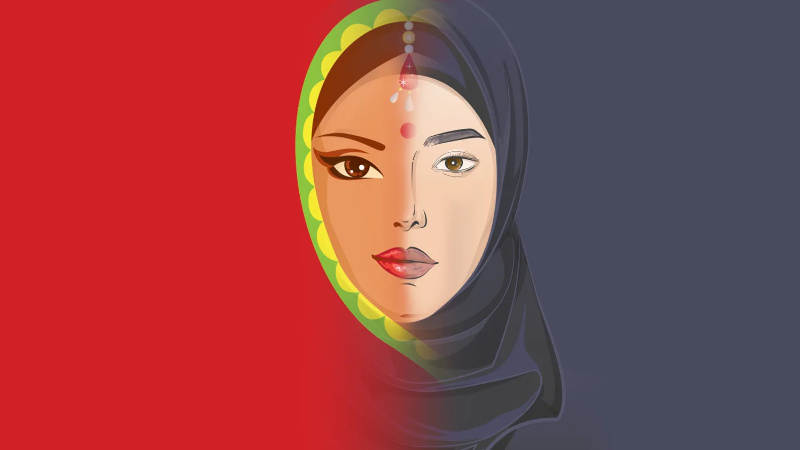


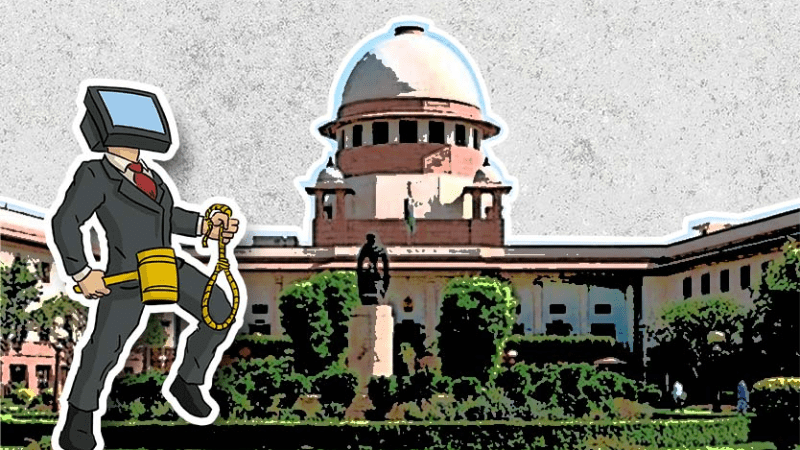

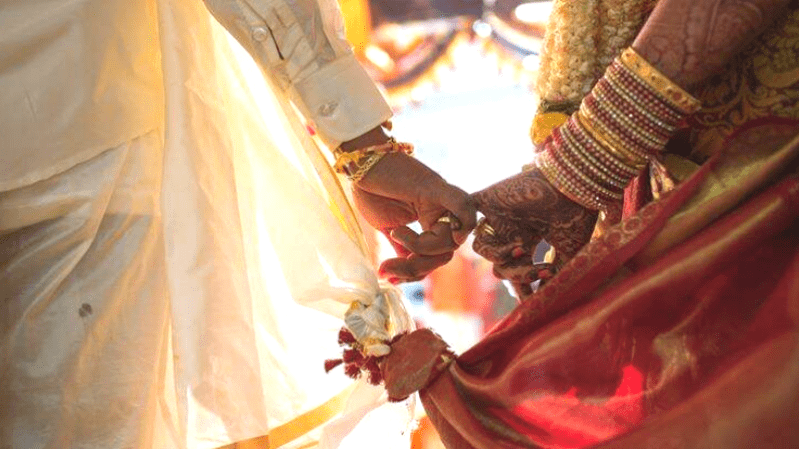
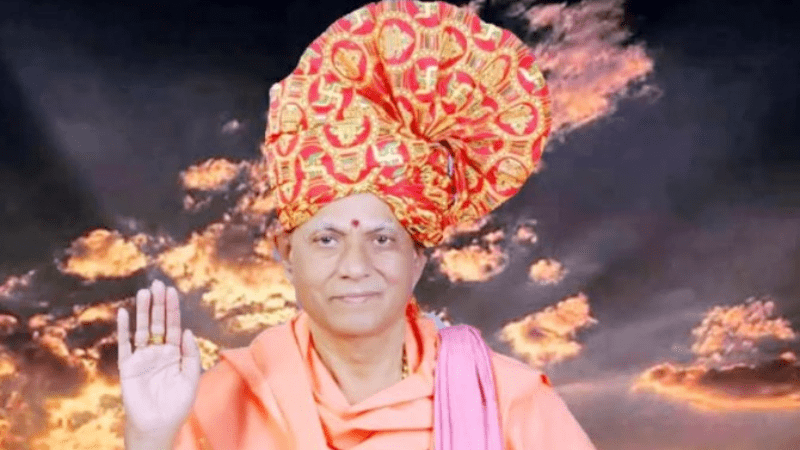
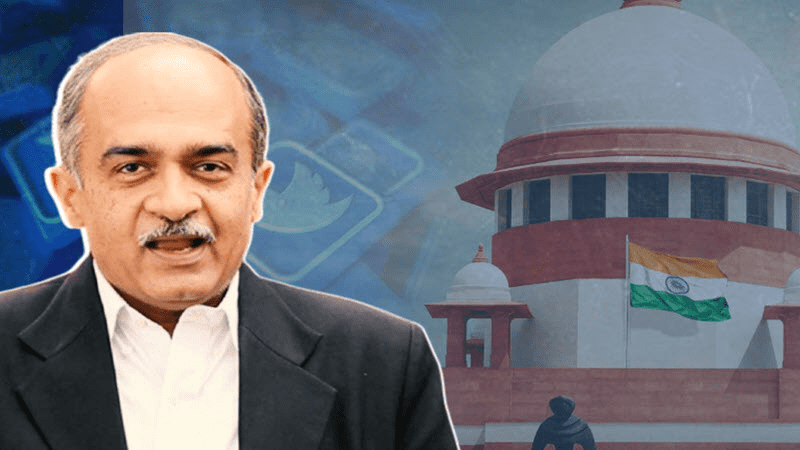
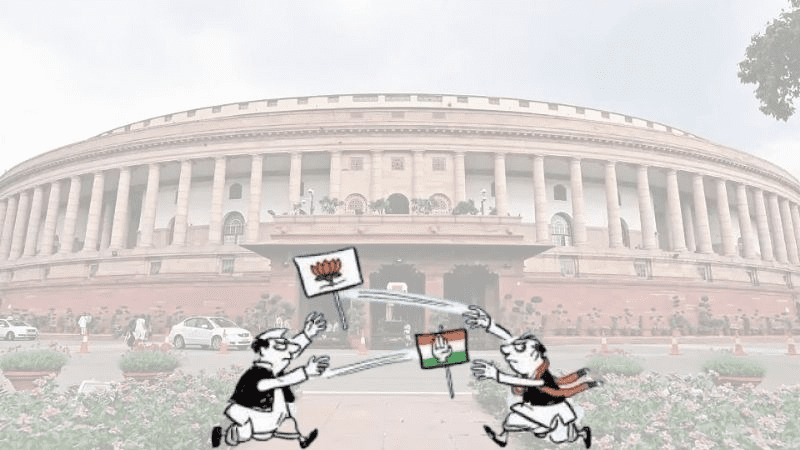
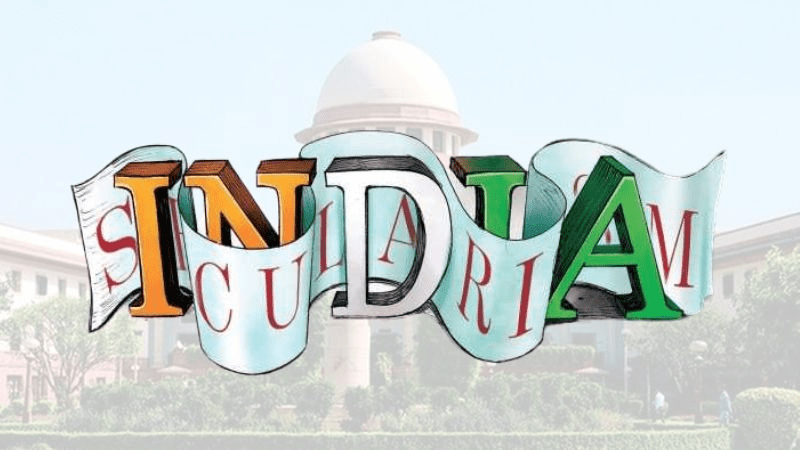
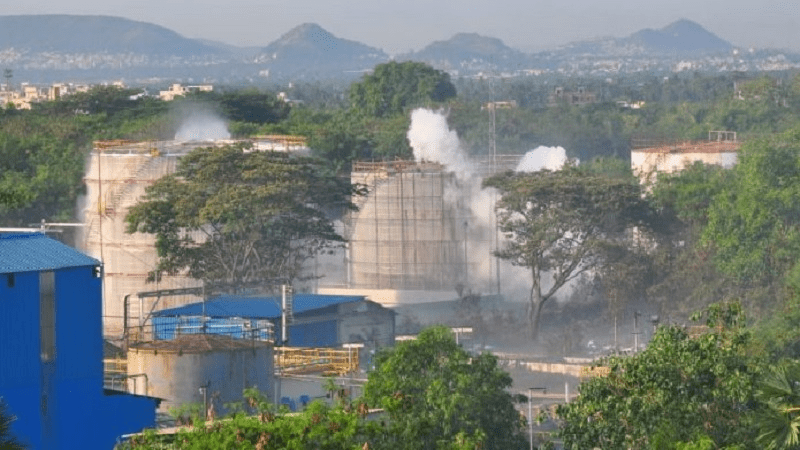
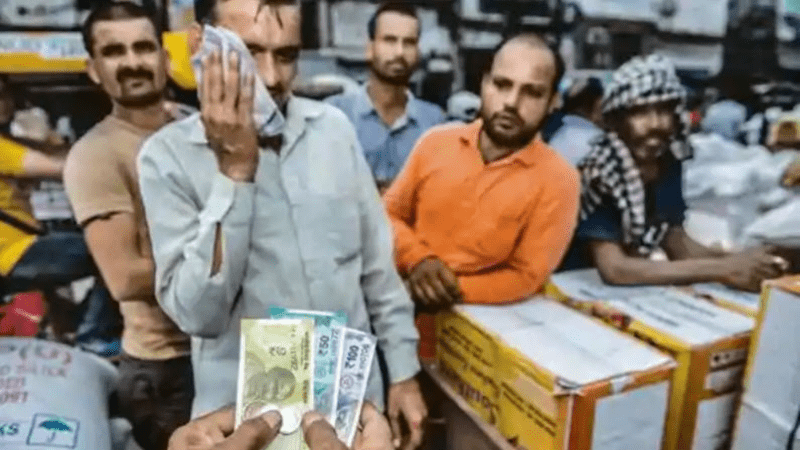




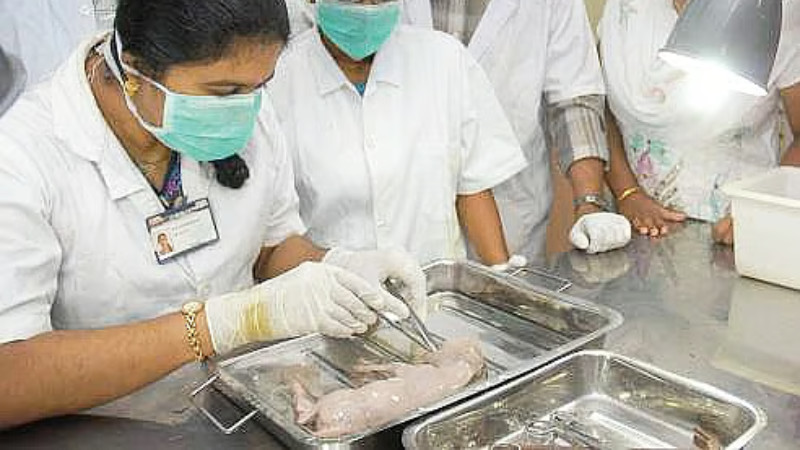
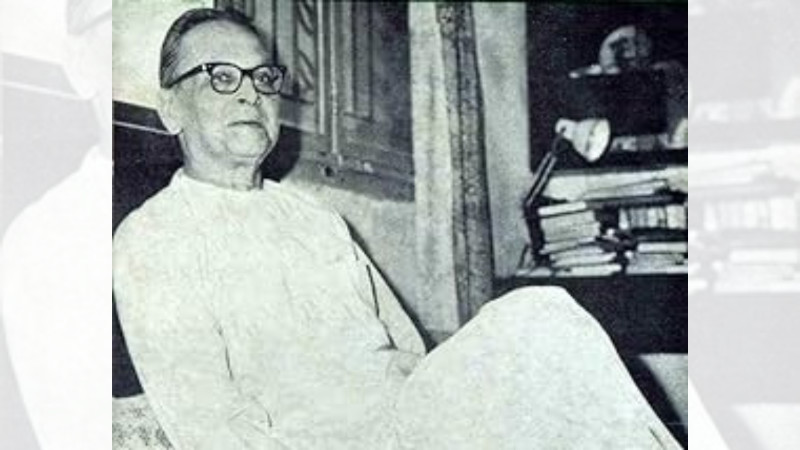
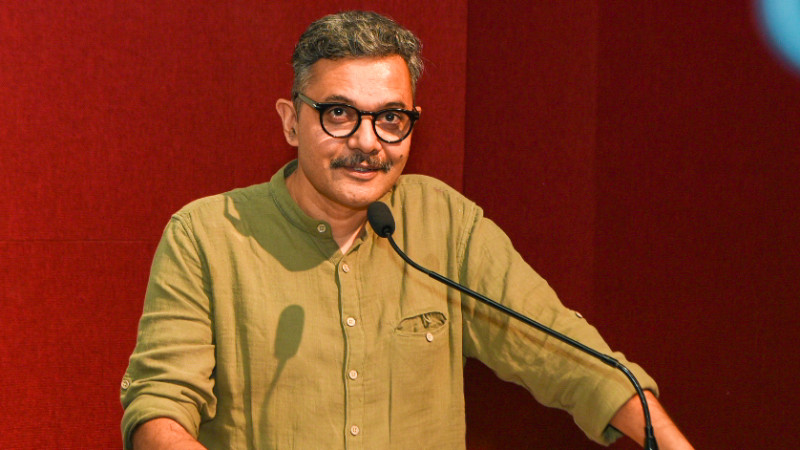
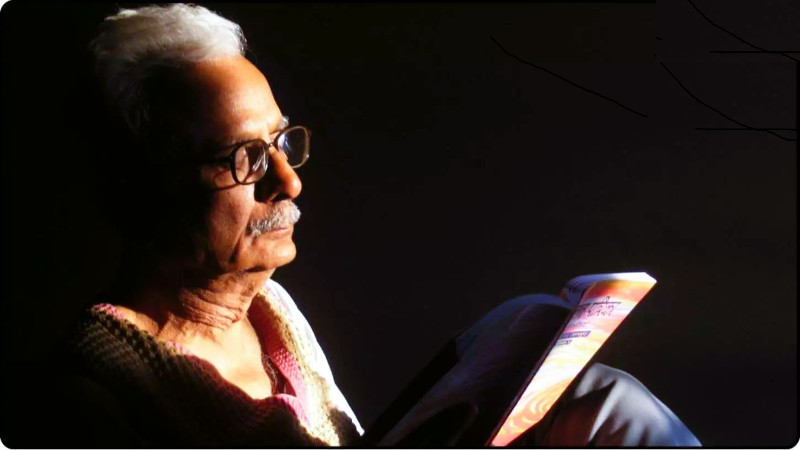
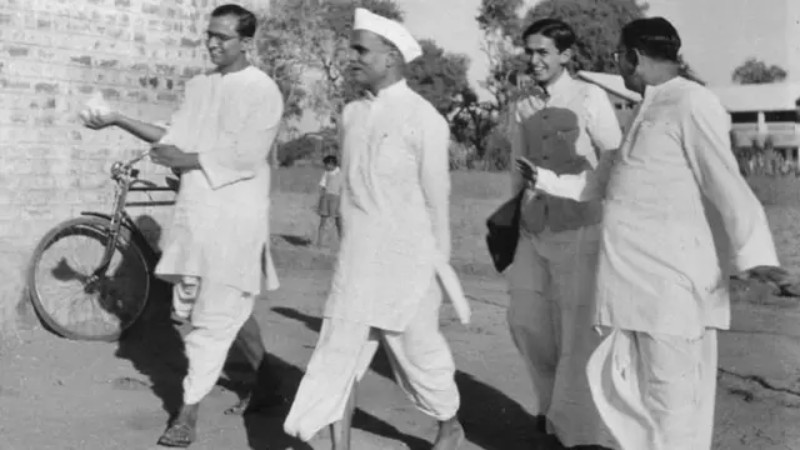
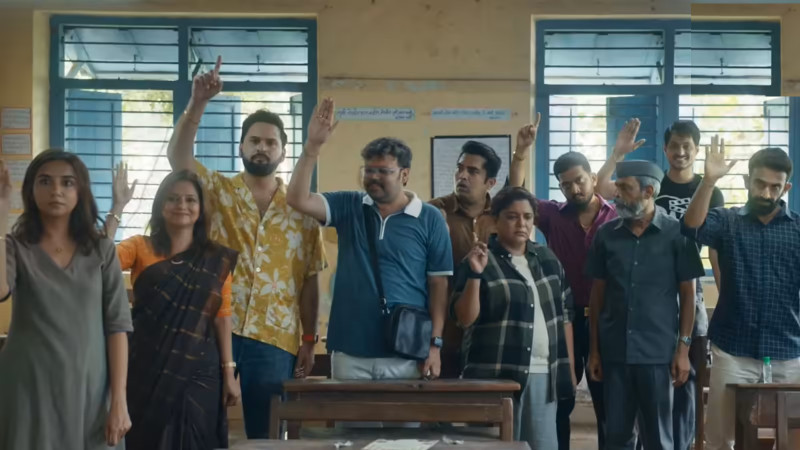
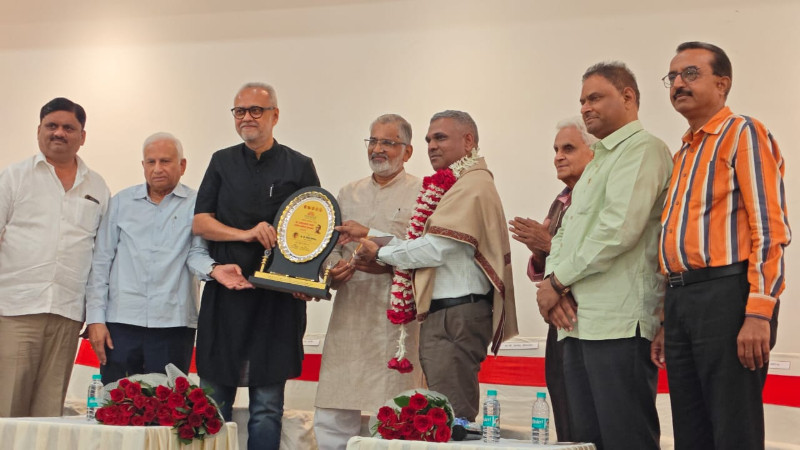
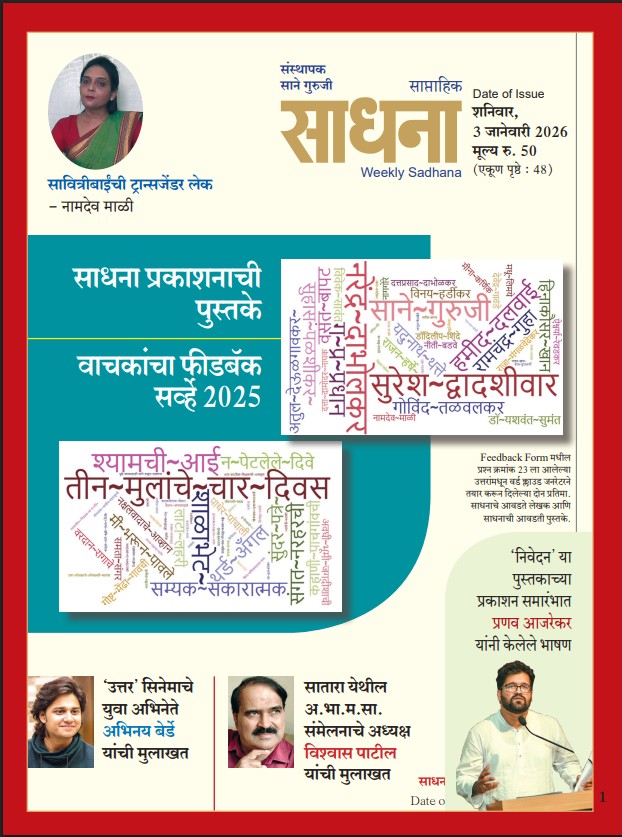













Add Comment